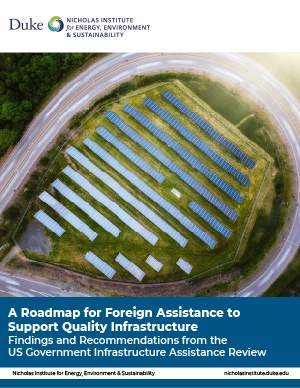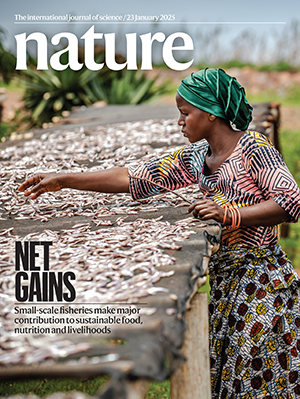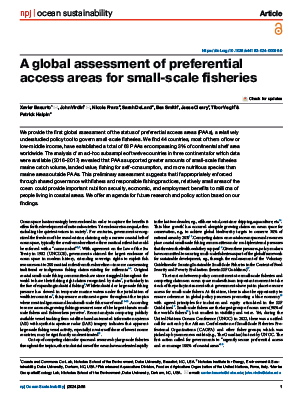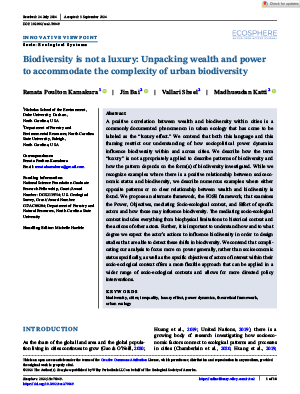Publications
The Use of Plastic as a Household Fuel Among the Urban Poor in the Global South
Increasing plastic waste pollution has led to a rising prevalence of the open burning of plastic waste, especially in locations lacking formal waste-management systems. Poor, urban communities in the Global South face particularly acute challenges in accessing both organized waste-collection services and low-cost traditional energy sources, and clean cooking fuel alternatives tend to be unaffordable for their low-income residents.
Rethinking Load Growth: Assessing the Potential for Integration of Large Flexible Loads in US Power Systems
A key solution to the United States' soaring electrical demand—driven by unprecedented electricity needs from large commercial customers, particularly data centers and their booming artificial intelligence workloads—is load flexibility. This analysis provides a first-order estimate of the potential for accommodating such loads with minimal capacity expansion or impact on demand-supply balance.
Costs of Exposure to Industrial Livestock Operations
Concentrated animal feeding operations, particularly hog and poultry farms, have expanded rapidly in North Carolina in recent decades. The air pollution and water contamination they generate cause many environmental and health problems for local communities. Using the universe of farm characteristic and housing transaction data in North Carolina, the authors recover hedonic estimates of property value impacts from exposure to these industrial livestock operations.
Will Trump Mend or End Federal Methane Rules?
President Trump has promised to "unleash" American energy, and many expect his administration to roll back federal regulations on methane emissions. This paper examines whether the Trump administration and Congress will "mend" or "end" federal methane rules, including the Inflation Reduction Act Waste Emissions Charge (or IRA methane fee), Environmental Protection Agency (EPA) regulations, and new EPA reporting requirements.
A Roadmap for Foreign Assistance to Support Quality Infrastructure: Findings and Recommendations from the US Government Infrastructure Assistance Review
The US Government has committed to help build a pipeline of quality infrastructure projects in low- and middle-income countries that contribute to inclusive, sustainable growth, and that attract private capital. This review focuses on the earliest stages of infrastructure project development and the enabling conditions within a country that contribute to the development of a pipeline of quality infrastructure projects. The authors offer recommendations on how to prioritize US foreign assistance in these early stages to improve the likelihood of drawing subsequent private-sector financing.
America Prepared: A New Approach—Building a Nation Prepared for Extreme Weather
Federal policy and programs can play a critical role in helping communities—especially those with limited resources—ensure both security and economic vitality in the face of increasing threats from natural hazards. But to get there, the federal government needs a more coordinated approach to empower state and local governments, as well as local institutions and private-sector partners that are working hand in hand with homeowners, businesses, and local and Tribal governments. In this brief, the authors recommend four critical proactive actions the federal government could take to effectively and cost-efficiently prepare the nation for these extreme events and reduce their catastrophic impacts.
Illuminating the Multidimensional Contributions of Small-Scale Fisheries
Small-scale fisheries play a significant but overlooked role in global fisheries production and are key to addressing hunger and malnutrition while supporting livelihoods around the world, according to research featured on the cover of Nature. The data and methodology for this paper were produced within the framework of the Illuminating Hidden Harvests initiative conducted by the Food and Agriculture Organization of the United Nations, Duke University, and WorldFish.
A Global Assessment of Preferential Access Areas for Small-Scale Fisheries
We provide the first global assessment of the status of preferential access areas (PAAs), a relatively understudied policy tool to govern small-scale fisheries. We find 44 countries, most of them of low or low-middle income, have established a total of 63 PAAs encompassing 3% of continental shelf area worldwide.
Biodiversity Is Not a Luxury: Unpacking Wealth and Power to Accommodate the Complexity of Urban Biodiversity
A positive correlation between wealth and biodiversity within cities is a commonly documented phenomenon in urban ecology that has come to be labeled as the “luxury effect.” We contend that both this language and this framing restrict our understanding of how sociopolitical power dynamics influence biodiversity within and across cities. We describe how the term “luxury” is not appropriately applied to describe patterns of biodiversity and how the pattern depends on the form(s) of biodiversity investigated.
Planning for Growing Electricity Demand During an Era of Uncertain Renewables and Climate Policy
Electricity demand growth has accelerated significantly, a trend that is expected to continue for at least the next 5 to 10 years and is driven by new technologies such as data centers and the expansion of the manufacturing and industrial base in the United States. This analysis uses a variety of integrated resource plans from utilities and other groups to estimate how overall electricity demand may change over the next decade in several scenarios.










